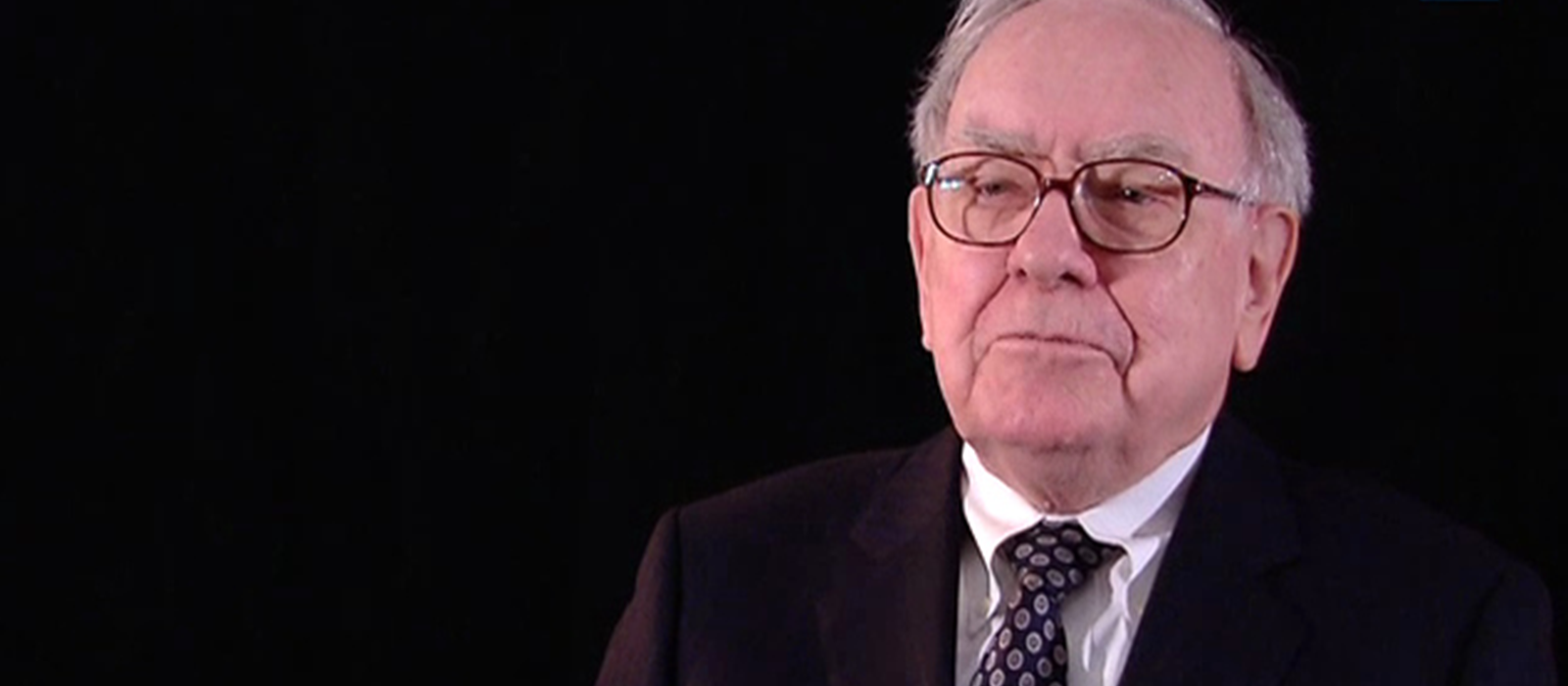
Warren Buffett on Brands vs. Retailer Private Label Brands
Those who know me know that at 8 a.m. EST on Saturday, March 23, 2019, I was sitting in front of my computer hitting the refresh button on BerkshireHathaway.com, waiting for Warren Buffett’s 2018 Annual Letter to Shareholders to be released.
The day before was particularly painful for Berkshire’s 27%-owned investment, Kraft Heinz. The storied food brand portfolio issued a $15.4 billion write-down on the value of its Kraft and Oscar Meyer brands.
In his annual letter, Buffett didn’t share any specific details on the fresh news. However, he did open up about Kraft Heinz and the changing tides of consumer brands in his Monday spot with CNBC.
Here’s what he had to say:
To Summarize Buffett’s Key Points...
Retailer’s private label “house brands” are becoming increasingly fierce competitors to standalone brands. To put this into perspective, Heinz and Kraft were started in the 1800s. They’ve invested enormously in advertising and global distribution since then, and in 2018, they generated just over $26 billion in revenues. By comparison, Kirkland, Costco’s private label brand, launched in 1992 and is available in about 1,000 stores. It generated $39 billion in revenue in 2018.
Private label brands are here to stay. “I think that when you’re going toe-to-toe with a Walmart or a Costco and maybe an Amazon pretty soon...you’ve got the weaker bargaining hand than you had 10 years ago…House brand, private label, is getting stronger. It varies by country around the world, but it’s bigger and it’s going to keep getting bigger.”
Brand Playbook
If you’re a brand owner, what are you supposed to do to gain firmer footing in this power struggle between retailers and private labels? Here’s some food for thought:
- Diversify your sales mix by adding DTC third-party channels. Sell direct-to-consumer (DTC) on Google Shopping Actions, Facebook Marketplace, eBay and even Amazon Marketplace and Walmart Marketplace. This will help you grab a piece of the market share as private label brands hatch and/or have yet to be developed in certain categories. But don’t hedge your bets on any one marketplace, especially Amazon, lest the marketplace decides to exercise control over your category. (We’ve seen Amazon seize control from marketplace sellers by shutting down their accounts, forcing them into 1P relationships and/or lowering their listing visibility.)
- Grow your own online webstore. A loyal customer base is one that knows your brand by name and seeks you out for a second purchase or when making a referral. Maximize visibility around your brand when crafting your website, DTC product listings and advertising campaigns. Leverage Google Shopping Ads to compliment your Google Shopping Actions presence, and to reel in more organic visitors to your webstore.
- Diversify your sales mix by adding first-party channels. Expand your wholesale relationships to include more big box and specialty retailers. Sell into more retailers to reduce your reliance on any one wholesale channel.
- Focus on differentiating your brands. Give consumers every reason to believe that your products are different and better. Innovate from multiple angles, including product design, materials brand story. It’s critical to include high-quality, fully optimized product information to each online shopping channel you’re on. You’ll want to centralize your product information management to easily achieve this, ideally with a system like Zentail that’s already integrated with major channels.
- Keep your friends close and your enemies closer. Another option is to partner with retailers on their private label brands. Amazon offers several accelerator programs alongside its Amazon Exclusives store. In fact, Carter’s has an Amazon Exclusive brand in the baby apparel category called Simple Joys.
- Don’t give consumers a reason to switch to private label brands. Consumer staples are becoming commoditized by private labels, e.g., my recent trip to Walmart ended with me buying a shaving cream and body wash from Walmart’s Equate brand in addition to dishwasher detergent by Walmart’s Great Value. Though I wanted to buy a branded product, I had to ask myself, “Under what considerations would I pay 30% more for a name-brand version?” The answer: if I thought I’d get a better shave, better shower and cleaner dishes, I would have. But I made a conscious decision that the quality of my life would not be negatively impacted by going with the store brands.
- Be extra mindful of price. Consumers are less loyal than ever to consumer brands that charge a premium relative to comparable private label brands. In an ideal world, you’d never want to compete on price. However, as private label brands erode the differentiation your marketing creates, competing on price is an important strategic option. Being able to deliver your products at similar price points will keep consumers from switching to private label brands. To accomplish this, you’ll need to operate with ruthless efficiency across your organization. If you really want to be disruptive, find ways to deliver your products to consumers at a better value than your private label counterparts. Perhaps this can be done through a direct subscription model, or by allocating marketing budgets to provide lower price points for strategic retail accounts.
"There's some change in [consumer] habits but if you think about it, people don't really change their habits that much...Physical volume hasn't changed much. The ability to price though has been changed, and that's huge."
In Summary
Perhaps some of these ideas seem too bold. You know your brand and your target customers best, and the right playbook depends on the category and intensity of private label competition. The point is that now is the time to tinker.
Taking a cue from Warren Buffett, don't wait until it's too late.
"We [at Kraft Heinz] may have made a mistake in terms of trying to push hard against certain other retailers and finding out that we weren't as strong as we thought we were."
Similar posts





